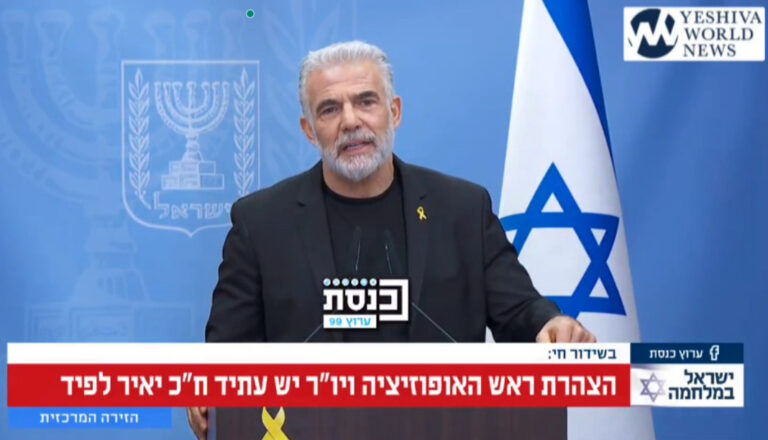Rosh Hashana is one of the most important Jewish holy days, and it is the tradition of celebrating the Jewish new year. However, the actual date of Rosh Hashanah differs each year because it is based on the Jewish calendar and is celebrated on the first day of the seventh month. This year Rosh Hashana will fall on Monday, September 6th, and end on Wednesday, September 8th.
Rosh Hashana Traditions
Rosh Hashana has many traditions, and the New Year holiday itself is based around the story of God creating the earth. Typically, for this reason, Rosh Hashana is celebrated as the birthday of the world, which makes it the perfect opportunity to share Rosh Hashana gifts with those you love.
In the Hebrew stories and tradition, God judges all creatures and decides whether they will live or die in the coming year throughout the 10 Days of Awe that occur between Rosh Hashanah and Yom Kippur. The Mishna is the Jewish code of laws that first teaches about Rosh Hashana.
It teaches that God puts the names of the righteous inside the “Book of Life” and will condemn the wicked to death on Rosh Hashanah. The group members who are not considered wicked or righteous have until Yom Kippur performs repentance called teshuvah in the Jewish language.
For most observant Jews, Rosh Hashana is not just a happy day to eat and celebrate and instead is a time of prayer and reflection while showering our loved ones with the care and love they might need.
How to Celebrate Rosh Hashana
Unlike secular traditional New Years’ holidays, with big lavish parties full of food, strangers, and drinking, a Rosh Hashana New Year celebration is quite different. It is a quiet holiday mostly spent in synagogue, reciting specific prayers, songs, and texts. Most read from a particular prayer book called the machzor.
The sounding of a unique trumpet made from a ram’s horn, the shofar, is an essential tradition during Rosh Hashana, and families may have their own. One hundred blasts of this shofar are interspersed throughout the prayers.
After the synagogue activities, families gather together for the traditional Rash Hashana meal.
Some of the holiday traditions include:
-
Apples and honey. Apples had healing properties in ancient Judaism.
-
Some perform Tashlich, a traditional casting off of sins by throwing bread crumbs into a moving body of water.
-
Braided round challah loaves symbolize the circular nature of life and the crown of God.
The Tradition of Gift Giving
Although it is not obligatory, some friends and families observe Rosh Hashana by sending thoughtful gifts to each other or sending a card. These gifts are typically filled with kosher food items.
These baskets can be filled with chocolate, delicious crunchy nuts, dried fruits, small candies, jars of honey, apples, pomegranates as well as other foods that hold Jewish and Rosh Hashana symbolism.
Not only will these gift baskets contain their items, but they may have items themed around these items like honey cookies or apple-shaped truffles. These gifts are meant to enhance your friends and family’s festive tables while paying homage to the traditions of the day.
In conclusion, Rosh Hashana is a more subdued and spiritual way of honoring the new year. It also celebrates good deeds while allowing others to take a good look at their lives and decisions each year and change them. In a way, this tradition is similar to New Year’s Resolutions, and maybe this is one of the practices that influenced other ways of celebrating.
Rosh Hashana is also a holiday about bringing family together in reflection and celebration. Families gather around the table in review to welcome in the new year, reflect on their wrongdoings and good deeds, and show how much they care for one another.











